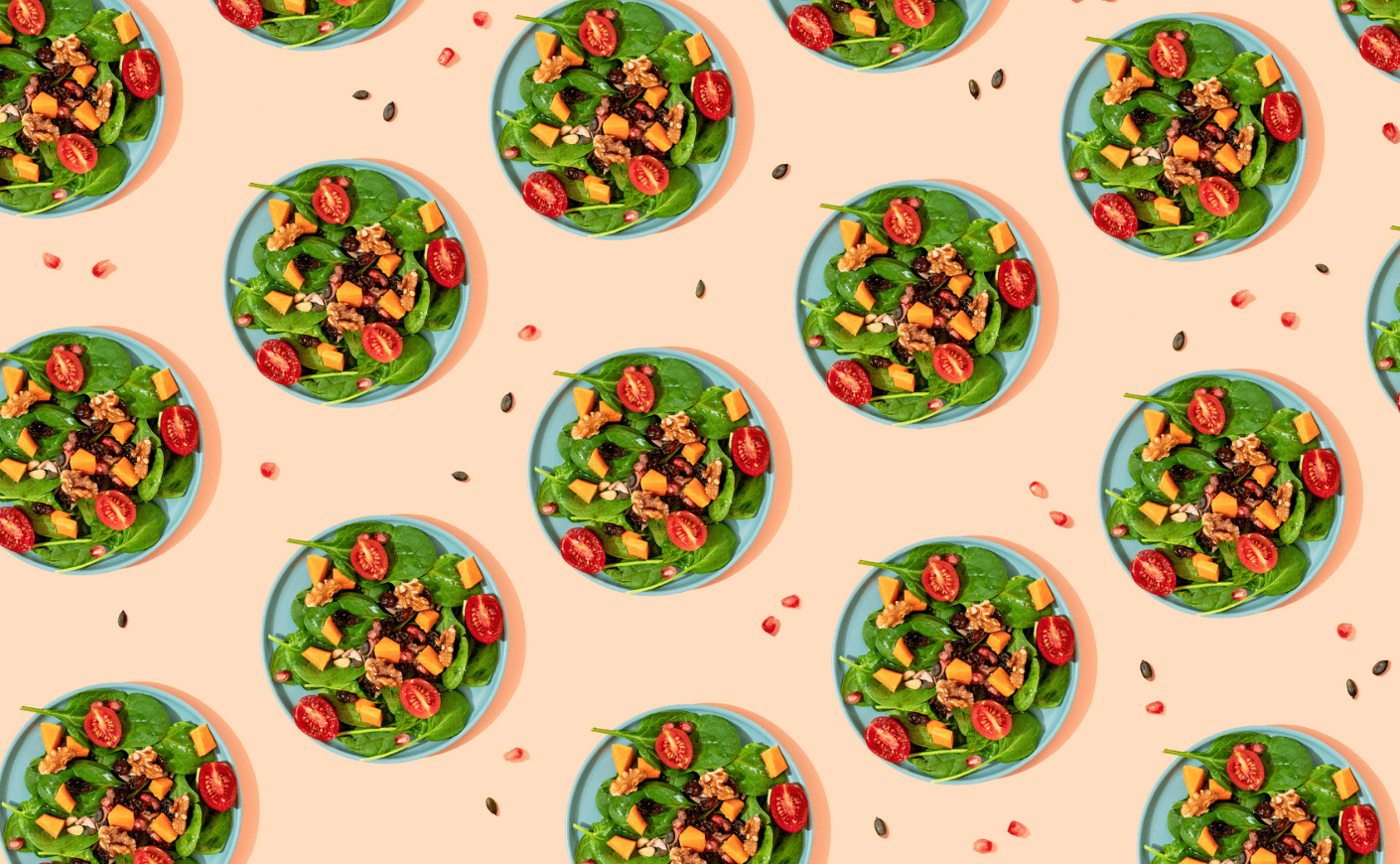Dr. Mark Hyman talks to Katie about this truly revitalizing way to eat
Staying healthy during these tough, and often stressful, times is no easy task. But luckily, Dr. Mark Hyman joined KCM to talk about how you can kick off a much-needed health reset when it comes to your overall wellness.
Dr. Hyman isn’t just a practicing family physician — he’s also a 13-time New York Times best-selling author. His book, THE PEGAN DIET: 21 Practical Principles for Reclaiming Your Health in a Nutritionally Confusing World, explains how to take the best aspects of the paleo diet and the vegan diet to create a roadmap that’s good for your brain, body, and planet.
“The key principle of the Pegan diet and of functional medicine is that food is medicine,” Hyman said. “It’s not like medicine, it is actually medicine.”
Watch our chat right here:
Or check out the top takeaways from our conversation:
1) Invest in quality food and ingredients.
Dr. Hyman emphasizes that high-quality food is key, saying it plays a huge role in regulating your body, hormones, and immune system. “The principle that’s really important is that food is information, it’s medicine,” he says. “So whatever you’re eating, make sure it’s the best quality that you can get.” Dr. Hyman says making tweaks to your diet, even in the short-term, can make a major impact. “Regulating your hormones can regulate your hunger, your sleep, your microbiome, your immune system, your detoxification systems… Everything is controlled by the food you eat,” he says. “So if you upgrade the quality of your diet for just a short period of time, even a couple of weeks, you will see profound changes.”
2) Rethink your assumptions about detoxes.
Dr. Hyman acknowledged people often have negative feelings about the concept of a “detox,” but they don’t necessarily mean cutting out all foods or extreme health habits, like coffee enemas. For example, try cutting out sugar and processed foods for 21 days, he says.
What many people don’t realize, says Dr. Hyman, is how connected food is to your health, saying a poor diet can lead to a range of health issues. “So people may feel tired,” he says. “They might not sleep well. They might have migraines. They might have irritable bowel. They might have joint pain. They might have skin issues. They might just be tired. They might be gaining weight and they don’t really connect the dots between what they eat and how they feel.” Says Dr. Hyman, “After a reset, most people say to me, ‘I didn’t know I was feeling so bad until I started feeling so good.'”
“Detox is essentially just a reset — like resetting your biology to its original factory settings,” says Dr. Hyman.
3) Metabolic health is key, especially during the pandemic.
Dr. Hyman estimates that 88 percent of Americans are in poor metabolic health, which can be especially meaningful during a time when people’s bodies are already taxed. (Like, say, during a pandemic.) “This poor metabolic health drives our behavior,” he says.
“Ultra-processed foods are horrible for our health and are accelerating our deaths from COVID dramatically in this country, because we know that the COVID disproportionately affects those who are overweight, not even obese. And those with chronic disease, caused by the food we’re eating, have the worst risk of death and dying. So we’re really in this moment where it’s kind of a do-or-die situation with our diet and our health.”
4) As much as possible, steer clear of sugary foods and white flour.
The physician warns that many people have lost their “nutritional wisdom” because we’ve become increasingly addicted to foods containing a lot of sugar, or foods with little nutritional value. That list includes flour, which he warned is “worse than sugar.” He instead recommends buckwheat flour as a healthier alternative. “That type of flour has phytochemicals that rejuvenate your immune system, and don’t raise your blood sugar — they have higher levels of protein and more nutrient density,” he says. “And you can make pancakes out of it, and they’re totally different for your body than the ones made with white flour.”
5) Indulge in vegetables liberally.
Dr. Hyman recommends eating as many vegetables as you please — he encourages “unlimited refills.” The doctor says that at a meal, he typically has three to four sides of vegetables like mushrooms. “I do stir-fried broccolini, or I might have a salad too, with avocados and tomatoes and cucumbers. I have a lot of different vegetables — variety is really key. Your plate should be 75% non-starchy veggies.”









